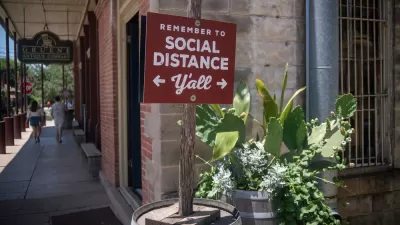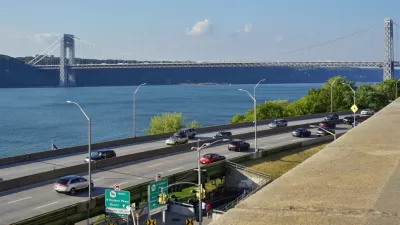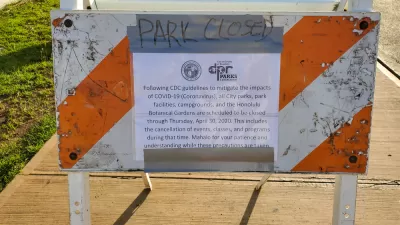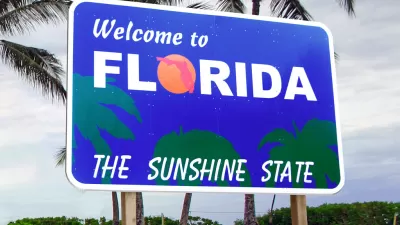Irvin Dawid discovered Planetizen when a classmate in an urban planning lab at San Jose State University shared it with him in 2003. When he left San Jose State that year, he took with him an interest in Planetizen, if not the master's degree in urban & regional planning.
As a long-time environmental activist, he formed the Sustainable Land Use committee for his local Sierra Club chapter and served six years on the Bay Area Air Quality Management District’s Advisory Council from 2002-2008. He maintains his interest in air quality by representing Sierra Club California on the Clean Air Dialogue, a working group of the Calif. Environmental Dialog representing business, regulatory and public health/environmental interests.
Major interests include transportation funding, e.g., gas taxes, vehicle miles traveled (VMT) fees, road tolls and energy subsidies that lead to unlevel playing fields for more sustainable choices.
He hails from Queens (Bayside) and Long Island (Great Neck); received an AAS in Fisheries & Wildlife Technology from SUNY Cobleskill and a B.S. from what is now Excelsior College.
After residing for three years on California’s North Coast, he’s lived on the San Francisco Peninsula since 1983, including 24 years in Palo Alto. Home is now near downtown Burlingame, a short bike-ride to the Caltrain station.
He’s been car-free since driving his 1972 Dodge Tradesman maxi-van, his means to exit Long Island in 1979, to the junkyard in 1988.
Major forms of transportation: A 1991 'citybike' and monthly Caltrain pass, zone 2-2. "It's no LIRR, but it may be the most bike friendly train in America."
Irvin can be reached at [email protected]

Texas Hits Pause as Hospital Beds Fill Up
Coronavirus cases are surging throughout the South and West. With growing hospitalizations threatening the capacity of the health care systems in major cities in Texas, Gov. Gregg Abbott pressed 'pause' on the state's reopening plan.

Pandemic Reversal: The New Tri-State Quarantine
Almost three months ago, President Trump announced "sometime today we’ll do a quarantine, short term, two weeks, on New York, probably New Jersey, certain parts of Connecticut" to prevent viral spread to Florida. On Wednesday, the roles reversed.

More than a Pause: Reversing the Reopening
As coronavirus infections grow throughout the South and West, governors and local officials will need to consider rolling back their reopenings. Bars and nightclubs closed in Boise on Wednesday in what may be a sign of what's to come.

Coronavirus Success: The Unusual Story Behind the State with the Lowest Infection Rate
Like New Zealand, another island has achieved success in reducing viral spread. The ability to quarantine travelers to Hawaii was crucial, but the virus had already arrived. Health professionals played key roles which, at times, led to conflict.

Model Predicts Next U.S. Coronavirus Epicenter
For the third consecutive day, COVID-19 cases in the Sunshine State have set records, exceeding 4,000 for the first time. PolicyLab in Philadelphia now predicts Florida will be the epicenter of the pandemic in the U.S. by mid-July.

























